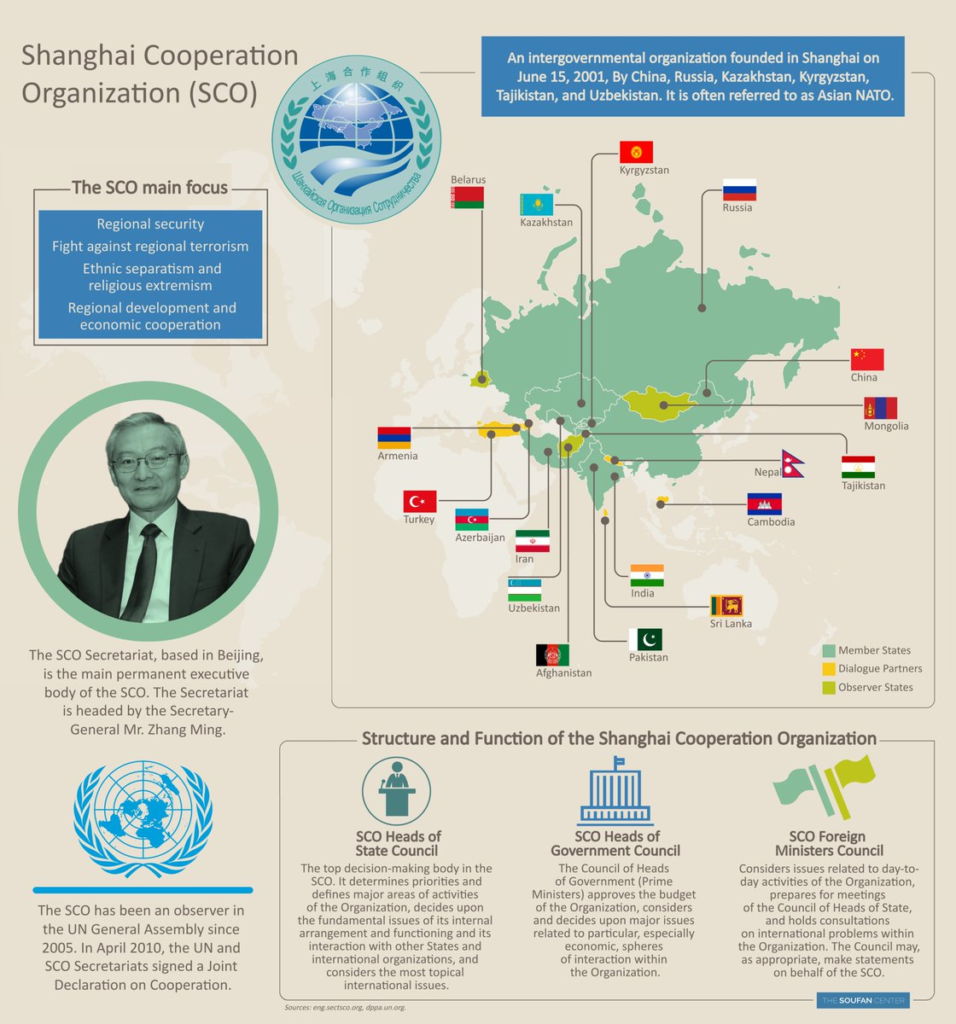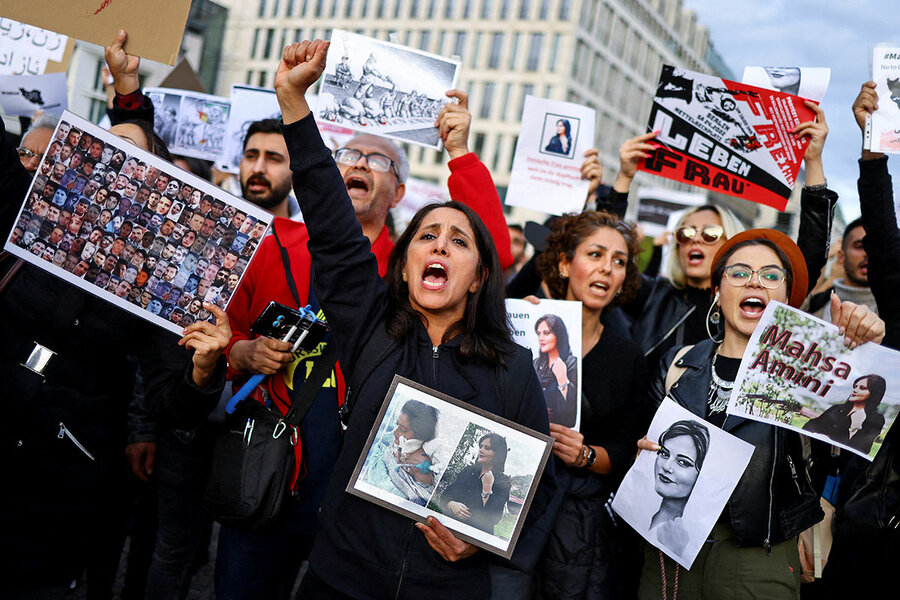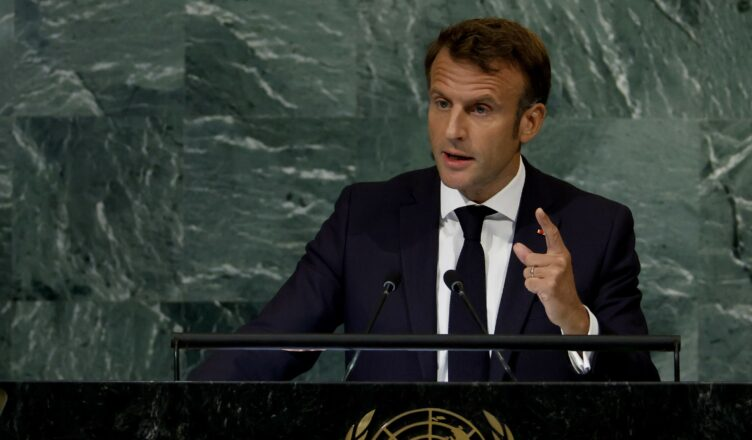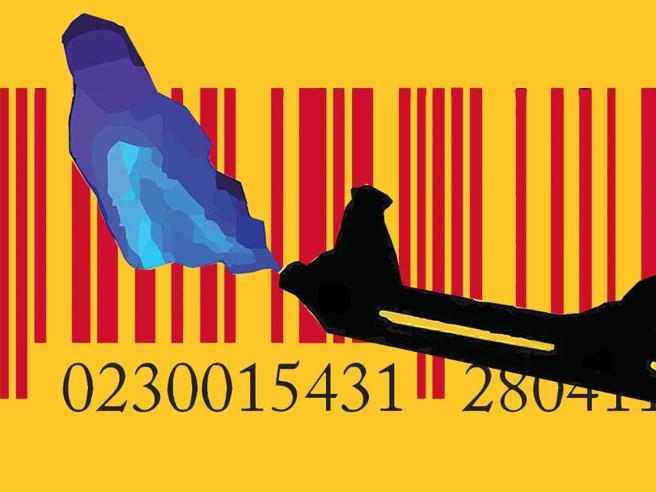Instability in Syria Returns as Russia Draws Down
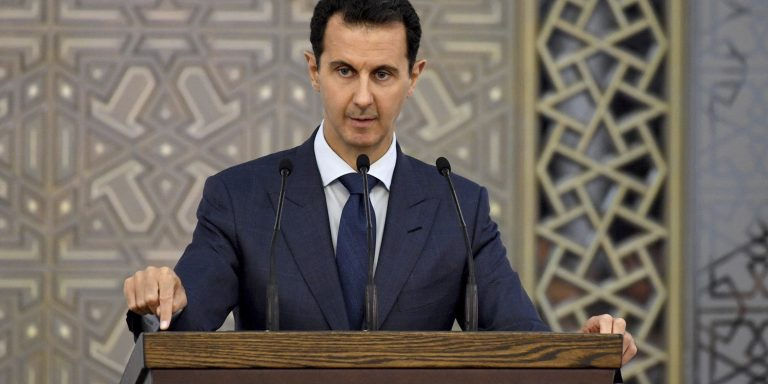
The regime of Syrian President Bashar al-Assad faces renewed threats to its grip on power as Russia redeploys personnel and equipment to Ukraine.
Russia has sought to preserve its gains in Syria in part by engaging and seeking to coordinate Syria policy with Turkey.



